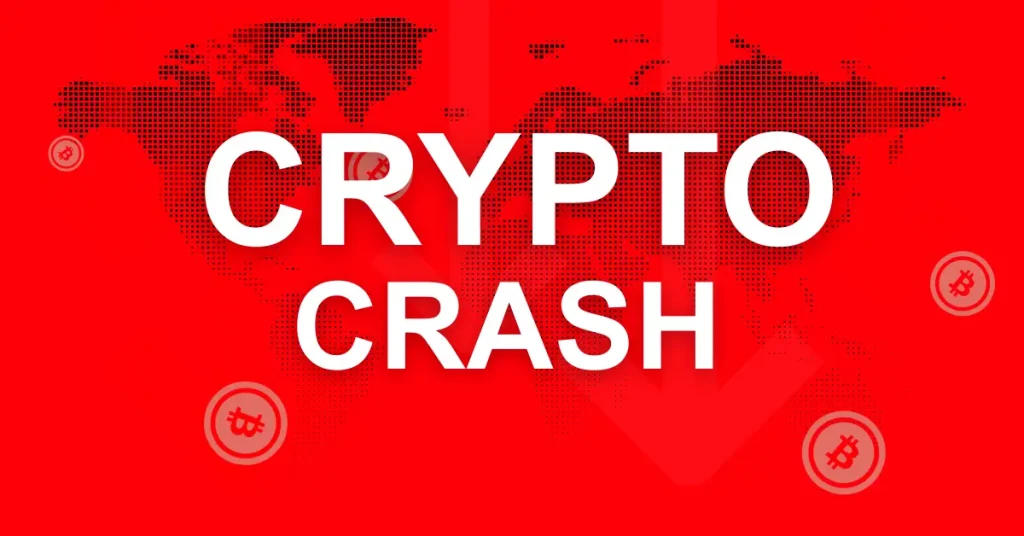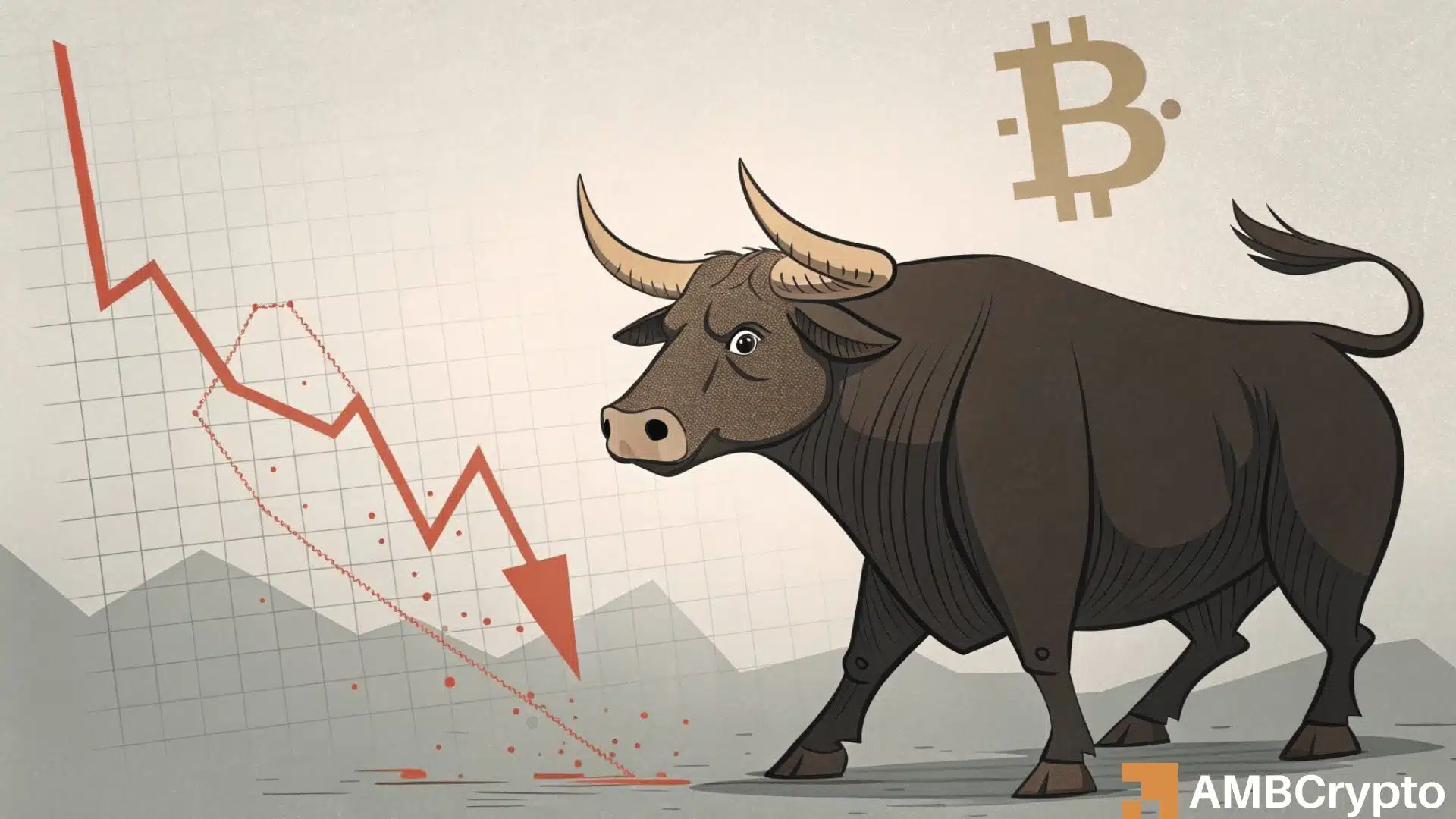
BTC holdings in spot ETF
Nine US Bitcoin (BTC) spot ETFs (exchange traded funds), excluding GBTC provided by Grayscale, were found to collectively own more Bitcoin than MicroStrategy.
This data was released on the 11th by HODL15Capital, which invests and analyzes crypto assets (virtual currencies). The nine spot ETFs from BlackRock and others listed in the post below have purchased a total of 216,309 BTC (equivalent to 1.5 trillion yen) by the 9th, about a month after their launch.
The new spot #Bitcoin ETFs hold more $BTC than @saylor 's $MSTR
The 9 new ETFs purchased 216,309 Bitcoin (worth $10.3 Billion!!!) in just 20 days  $IBIT $FBTC $ARKB $BITB $BRRR $BTCO $HODL $EZBC pic.twitter.com/i8amhqCjWF
$IBIT $FBTC $ARKB $BITB $BRRR $BTCO $HODL $EZBC pic.twitter.com/i8amhqCjWF
— HODL15Capital  (@HODL15Capital) February 11, 2024
(@HODL15Capital) February 11, 2024
What is GBTC?
Originally, it was a “Bitcoin investment trust'' provided by Grayscale in the US. When the SEC approved the listing of multiple physical ETFs last month, it also allowed GBTC to be converted into a physical ETF.
 Virtual currency glossary
Virtual currency glossary
MicroStrategy, headed by Michael Saylor, is the publicly traded company that holds the most Bitcoin. He has been purchasing Bitcoin as company assets since August 2020, and currently holds 190,000 BTC.
connection: MicroStrategy buys more Bitcoin in January, resulting in unrealized gains of over 300 billion yen
The combined Bitcoin holdings of the ETFs mentioned above have increased to over 1% of circulating supply through last week. In the graph above, BlackRock's IBIT has the largest amount of Bitcoin.
connection: Why does the US listed company MicroStrategy continue to buy large amounts of Bitcoin?
Impact on price
The price of Bitcoin rose through January this year on speculation that the Bitcoin spot ETF, which had been unapproved for a long time, would be approved for the first time in the United States. However, after approval, the price of Bitcoin fell due to the outflow of funds from GBTC.
GBTC was distributed in the market as an investment trust even before it was approved as a physical ETF. Last month, along with the approval of spot ETFs, GBTC conversion into ETFs was also approved, but profit-taking by investors who purchased at a discount (negative deviation) and high fees are thought to have led to capital outflows. There is.
connection:Bitcoin ETF, the impact of capital outflows from GBTC on the market – Bitfinex Alpha
On the other hand, the Bitcoin price has since started to rise as GBTC capital outflows have decreased and expectations for the halving scheduled for April have increased. At the time of writing this article, it has passed the $50,000 (approximately 7.46 million yen) milestone.
On the 11th, data provider CryptoQuant CEO Ki Young Ju released a price forecast based on realized market capitalization (Realized Cap), and due to the inflow of funds into ETFs, the price of Bitcoin will rise to $112,000 (16.7 million yen) this year. The analysis shows that it is likely to rise. However, in the worst-case scenario, we expect the increase to be up to $55,000.
#Bitcoin could reach $112K this year driven by ETF inflows, worst-case $55K.https://t.co/HrkV3TU8Ul pic.twitter.com/jBn6HWpt9b
— Ki Young Ju (@ki_young_ju) February 11, 2024
Realized market capitalization indicates the total market capitalization of all unused transaction outputs (UTXOs) of Bitcoin. This is an index that calculates the value based on the price at the time of the last remittance, rather than the current value or the value at the time of purchase.
Bitcoin ETF special feature
The post Bitcoin spot ETF excluding GBTC, total BTC holdings exceeds MicroStrategy appeared first on Our Bitcoin News.

 1 year ago
115
1 year ago
115














 English (US) ·
English (US) ·